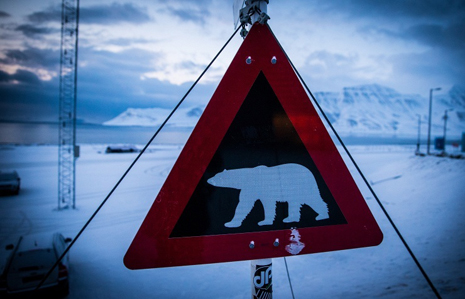According to the organisers, the conference will focus on the most pressing issues in the Arctic today and innovative ways of settling such problems at the local national and international levels.
According to the U.S. Department of State, "This global leadership focus on the Arctic is intended to generate momentum and expedite progress in addressing some of the most pressing issues facing the region.
This conference will bring together Foreign Ministers of Arctic nations and key non-Arctic states with scientists, policymakers, and stakeholders from Alaska and the Arctic. Representatives of Arctic indigenous peoples will be invited to attend and encouraged to participate. GLACIER will discuss individual and collective action to address climate change in the Arctic; raise the visibility of climate impacts in the Arctic as a harbinger for the world, and the Arctic’s unique role in global climate change; identify ways that Arctic innovators are responding to these critical challenges; and share opportunities to prepare and respond to other issues in the changing Arctic."
Russia will be represented at the conference by Russian Ambassador to the United States Sergey Kislyak. The Anchorage forum will also bring together diplomats from the UK, Germany, Denmark, India, Iceland, Spain, Italy, Canada, China, the Netherlands, Norway, Poland, Singapore, Finland, France, Sweden, South Korea, Japan, and the European Union. In total, the conference will be attended by about 450 delegates.
According to the programme released previously by the US Department of State, the forum will start with a photoshoot of the conference participants, and the full-day event will begin with an opening plenary session, after which attendees may participate in one of three tracks.
Foreign Ministers will participate in sessions focused on changes in the Arctic and global implications of those changes, climate resilience and adaptation planning, and strengthening coordination on Arctic issues. Occurring in parallel will be panel discussions between international and domestic policymakers, scientists, NGOs, and industry representatives, as well as representatives of Arctic indigenous peoples and Alaskans. US President Barack Obama is expected to give a closing address at the conference.
A US State Department official told TASS previously in a special telephone briefing for reporters that the conference would adopt two final statements. The first document that is planned to be made public on behalf of US State Secretary John Kerry that is chairing the forum, will summarise the discussion results. The second statement will focus on the issues of fighting global climate change, the official said.
The diplomat said during the briefing that Washington was satisfied with the current interaction with Russia in the Arctic and said that it has not been damaged in general by the bilateral relations’ worsening over the Ukrainian crisis. He said that in his view, the bilateral relations concerning the Arctic cooperation are still good.
The State Department official said that he saw no problems in cooperation with Russia in the Arctic that is important for the U.S. side in maintaining the Arctic region as an area of peace and cooperation and promotion of various programmes there.
More about:
















































